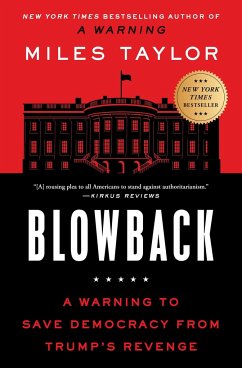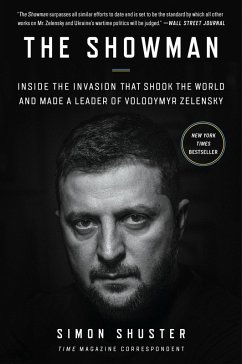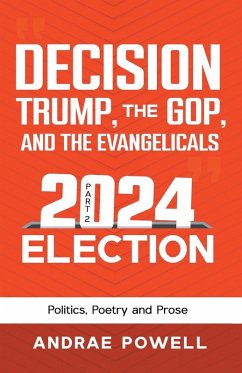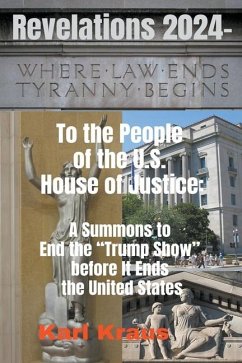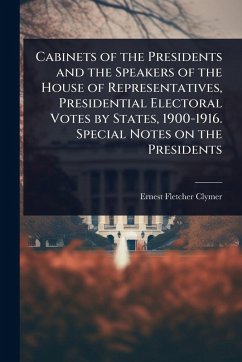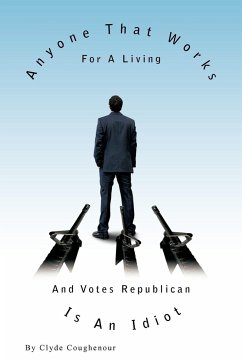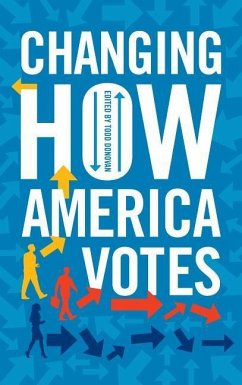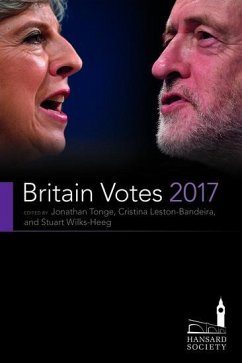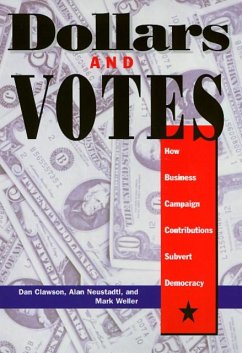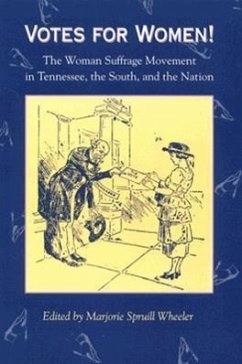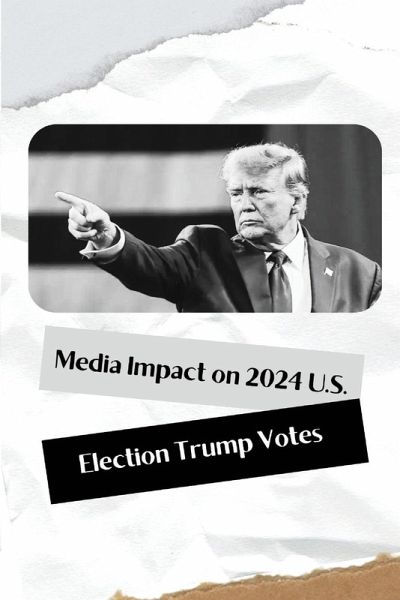
Media Impact on 2024 U.S. Election Trump Votes
Versandkostenfrei!
Versandfertig in über 4 Wochen
24,99 €
inkl. MwSt.

PAYBACK Punkte
12 °P sammeln!
A lack of trust in the election processes and public policy systems challenges an integral part of America's representative democracy: free and fair elections. When citizens feel disenfranchised, the damage to democracy can be significant. If left unchanged, or if it gets worse, the consequences for democracy can be severe as citizens increasingly become disenfranchised. The impact of the media on then-Trump supporters for the 2020 election and whether the mischaracterization of Trump supporters by the media negatively affected those voters' sense of connection to government and public policy ...
A lack of trust in the election processes and public policy systems challenges an integral part of America's representative democracy: free and fair elections. When citizens feel disenfranchised, the damage to democracy can be significant. If left unchanged, or if it gets worse, the consequences for democracy can be severe as citizens increasingly become disenfranchised. The impact of the media on then-Trump supporters for the 2020 election and whether the mischaracterization of Trump supporters by the media negatively affected those voters' sense of connection to government and public policy processes was analyzed. The goal was to determine if Trump voters felt the media mischaracterized them and what that impact was on their trust in government institutions, public policy, and other areas of their lives. The theoretical foundation, the narrative policy framework (NPF), was used to analyze the narratives from interviews of 20 White, male Trump voters aged 30-65 in response to a series of questions asking how they felt the media characterized them. The study's key results were that 82% of the participants felt disenfranchised by how the media framed them as voters. The NPF plot categories that were dominant were "Story of Helplessness and a Lack of Control" (35%) and "Story of Decline" (34%). The positive social change implications include exploring potential issues with how the media affects essential political and policy discourse and providing the insights to build towards progress with media characterizations' negative impact on citizen connectedness to policymaking, legislative processes, elections, and democracy.



